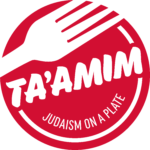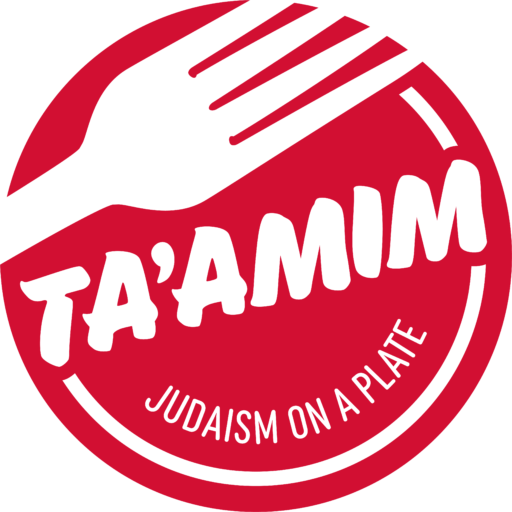Is a wheat berry or bulgur porridge, generally cooked overnight and served for Shabbat lunch.
Most early civilizations in the Middle East and the Mediterranean subsisted on a diet of grains; eating the grains in the form of porridges, breads and beer. Unsurprisingly, the first Shabbat stews were made almost entirely of grains.
The discussion about what you can eat on Shabbat has been going on for thousands of years. Because of the restriction of cooking on Shabbat, but the need to eat and even to celebrate and elevate the day Jews were faced with a challenge. The best way to face the challenge was to adapt their everyday food choosing those that could withstand a long and slow cooking process. The everyday porridge of tough grains combined with flavours in the form of spices or meat was adapted and likely improved by the slow cooking method.
When a group of Jews from Yemen visited the Umayyad Caliph Mu’awiya (the founder of the first Islamic Arabic dynasty in 661) in his capital Damascus, the first thing he asked them was if they knew how to prepare harisa the Jewish way, because the Jewish harisa was so much tastier than the quick-cooked, Arabic-style harisa.
For the next few weeks, we will be exploring the Shabbat stew; how it evolved and how in its evolution it not only changed us as a people, allowing us to grow, but also influenced the world around us in every country in which we resided.
- 3 onions, chopped fine
- 3 tablespoons oil
- 3 cloves garlic minced
- 1 tablespoon sweet paprika
- 1 teaspoon smoked paprika
- 1 tablespoon brown sugar
- 2 teaspoons salt
- ½ teaspoon coarse ground black pepper
- 2 cups coarse bulgur
- 2 litres water
In a large pot, heat oil over medium heat. Add the onions and sauté until lightly brown and soft. Stir in garlic, paprika, smoked paprika, sugar, salt and pepper and cook for a further minute. Add the bulgur and water and cover and cook over medium heat for one hour. Place in the oven at low heat (about 100C/225F) and cook overnight.


